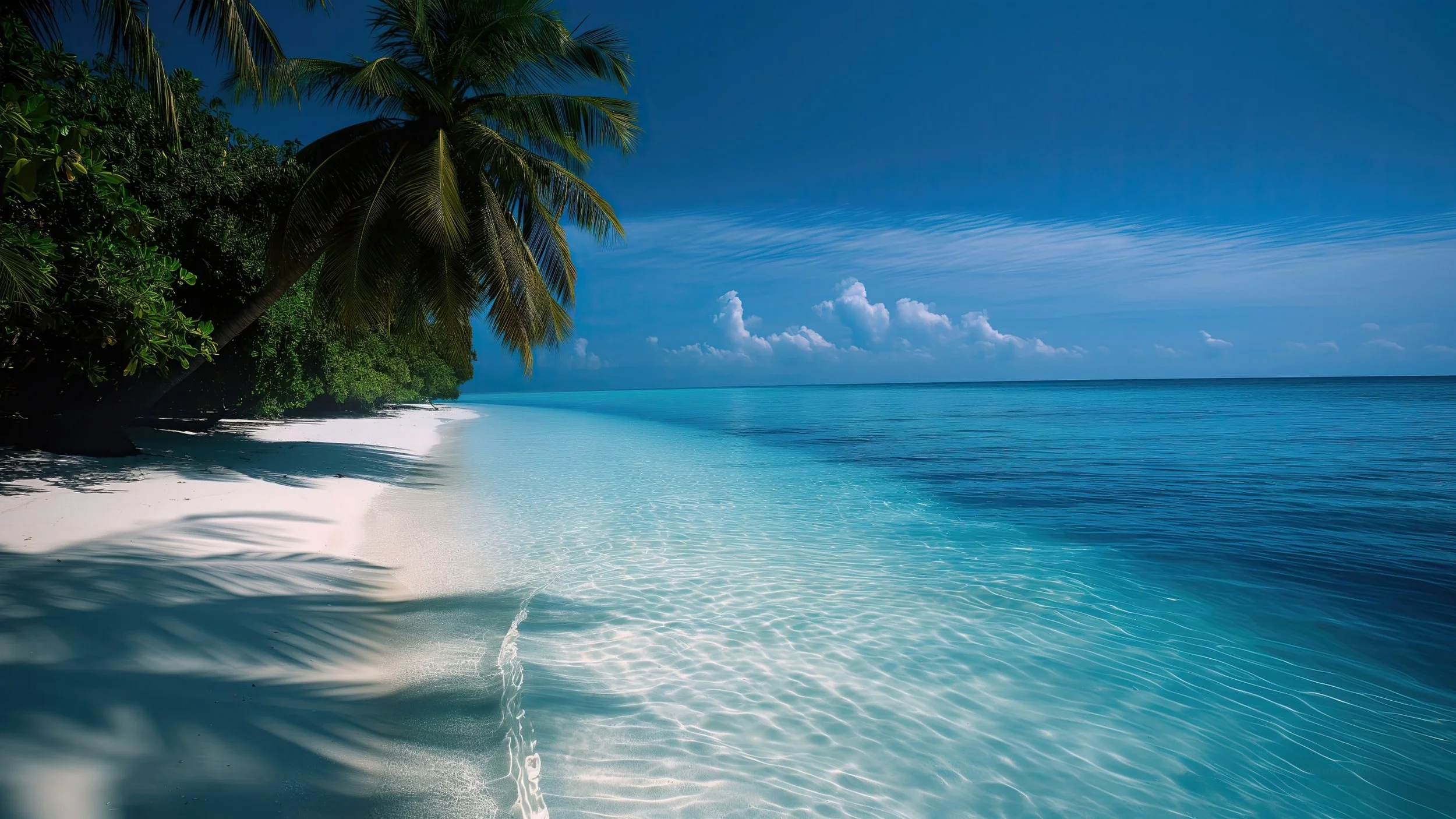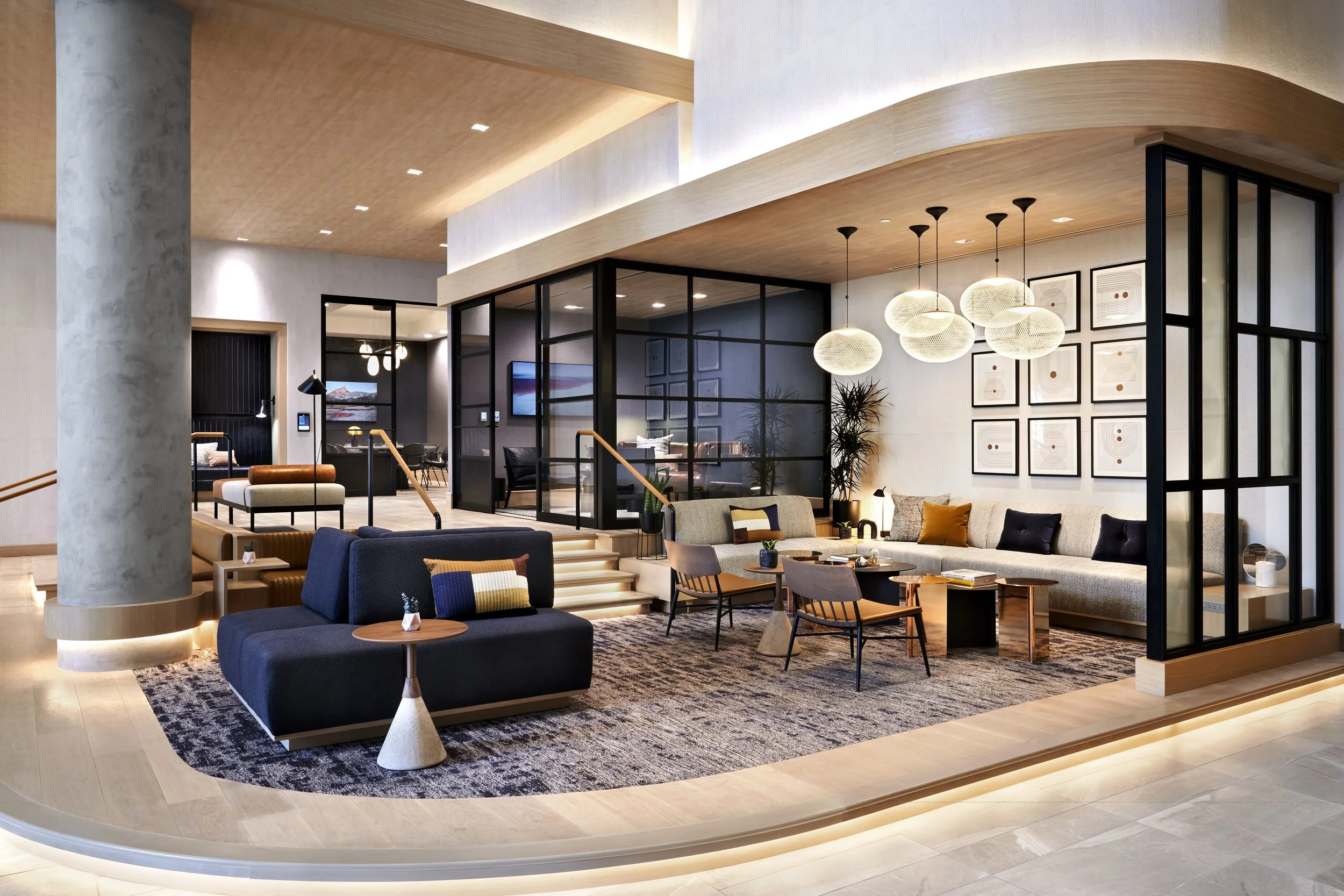More Marriott Luxury Brands Reviews
Where comfort, class, and culture meet.
⭐ BlkTravel Brand Rankings Legend
Service → How attentive, friendly, and reliable the staff are.
Cleanliness → Overall upkeep of rooms, facilities, and public areas.
Vibes → Atmosphere, style, and energy of the property.
Price → Value for money compared to quality of stay.
Black Traveler Comfort → Cultural awareness, inclusivity, and guest experience for Black travelers.
The Marriott Experience
At this level, the experience is about heritage and familiarity. Marriott Hotels, Sheraton, and Westin are names that have defined global travel for decades. While they may not have the same boutique style as Edition or the bold energy of W Hotels, these brands remain deeply woven into the fabric of international travel. They represent stability, tradition, and the idea of a full-service hotel that still delivers comfort and recognition no matter where you go.
For Black American travelers, this tier is often the first entry point into luxury-style stays. Many of us attended family reunions at a Sheraton, stayed at a Westin during a major conference, or booked a Marriott Hotel on an early international trip. These properties are widely available, usually at price points below the elite luxury level, making them accessible without losing prestige. They also tend to be the anchors of major cities—hotels that have hosted everything from international summits to cultural conventions.
Culturally, this tier carries a complicated history. Sheraton and Westin properties in the U.S. did not fully desegregate until after the Civil Rights Act of 1964, and there are documented cases where Black travelers were denied rooms at properties that now advertise inclusivity. At the same time, these hotels became some of the first global brands where Black Americans could travel abroad and feel the familiarity of a U.S. chain, even when navigating uncertain waters overseas. That dual legacy—exclusion at home, recognition abroad—shapes the way many in our community view these brands today.
The experience of Marriott Hotels, Sheraton, and Westin is not about curated boutique design or nightlife-driven luxury—it’s about consistency, wellness, and reliability. Guests at this level know they will receive well-appointed rooms, recognizable service standards, and amenities that make travel easier, whether for business, family, or leisure. The “luxury” here lies not in exclusivity, but in knowing you can expect comfort anywhere in the world.
About the Brands
Sheraton Hotels & Resorts – A long-standing name in international hospitality, Sheraton has redefined itself for the modern era. The brand’s recent redesigns emphasize open, social spaces, cowork-friendly lounges, and a renewed focus on connection. For Black professionals and families, Sheraton often feels like a home base—a place that’s polished yet familiar, and present in the cities and regions that matter most.
Westin Hotels & Resorts – Rooted in the idea of wellness through travel, Westin turns comfort into a philosophy. From the Heavenly Bed to revitalizing spas, yoga programs, and health-conscious dining, Westin invites guests to recharge without stepping away from luxury. For travelers seeking balance and renewal, Westin offers calm in motion—a reset between flights, projects, or family moments.
Marriott Hotels & Resorts – As the flagship of the portfolio, Marriott Hotels & Resorts represent dependable sophistication. The brand’s evolution has kept pace with the expectations of global travelers: contemporary design, thoughtful service, and a standard of excellence that still feels personal. For Black travelers, Marriott’s flagship hotels often serve as trusted spaces for gatherings, celebrations, and milestone travel where professionalism meets comfort.
Together, Sheraton, Westin, and Marriott Hotels & Resorts create the Marriott More Luxury tier—brands that deliver consistent excellence while leaving room for individuality, wellness, and connection.
When is the right time?
Sheraton Hotels & Resorts are the right choice when your travel is about community and connection. They work well for conferences, family reunions, and cultural gatherings—moments where people come together to share space and energy. With properties in major cities and global hubs, Sheraton offers reliability and social warmth that make it an easy fit for professional and personal occasions alike.
Westin Hotels & Resorts are best when rest and renewal matter most. Perfect for wellness-focused getaways, romantic weekends, or business travel that demands balance, Westin helps travelers slow down without stepping away from sophistication. From coastal resorts to urban retreats, it’s the brand for travelers who want to feel centered while staying in motion.
Marriott Hotels & Resorts are made for milestone moments and everyday travel that still deserves excellence. From weddings and graduations to leadership conferences and destination vacations, Marriott’s flagship properties deliver a blend of consistency, comfort, and quiet prestige that fits nearly any purpose.
In this tier, it’s not just about when to travel—it’s about what you need from the experience. For Black travelers, Sheraton, Westin, and Marriott Hotels & Resorts offer the reliability, access, and balance to make luxury feel both familiar and attainable—wherever the journey leads.

BlkTravel Bookings
Reserve your stay now!
Miami Marriott Biscayne Bay
Sheraton Puerto Rico Resort & Casino
San Juan Marriott Resort and Stellaris Casino
The Westin Los Cabos Resort Villas - Baja Point
Atlanta Marriott Marquis
Sheraton Maldives Full Moon Resort & Spa
Sheraton Grand London Park Lane
The Westin Peachtree Plaza, Atlanta
Marriott Marquis Houston














